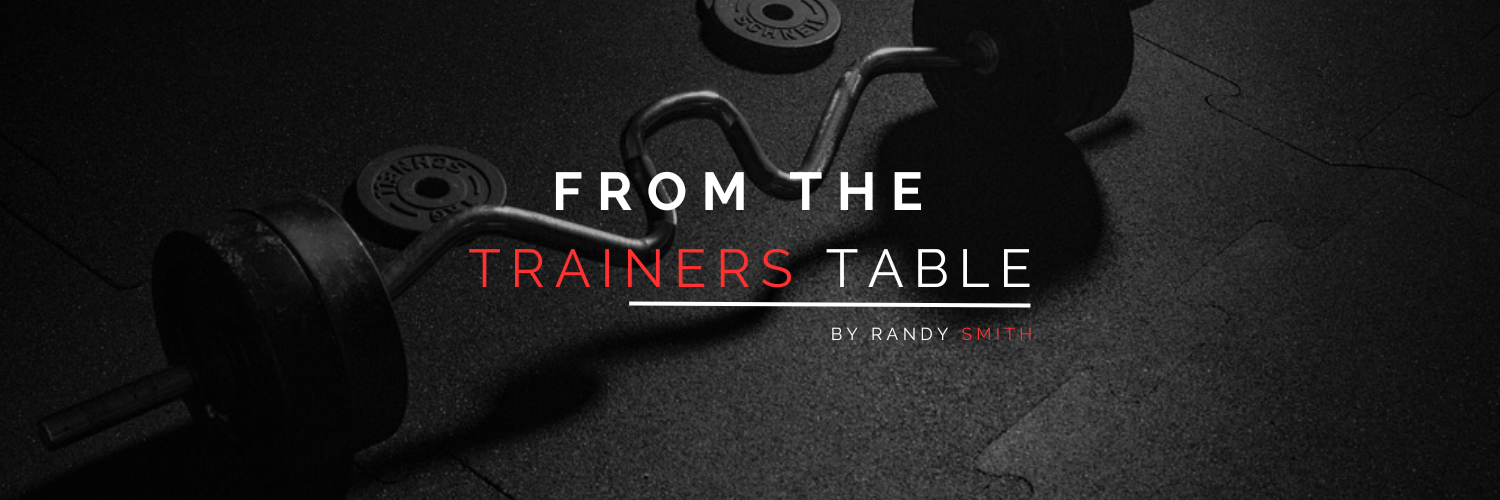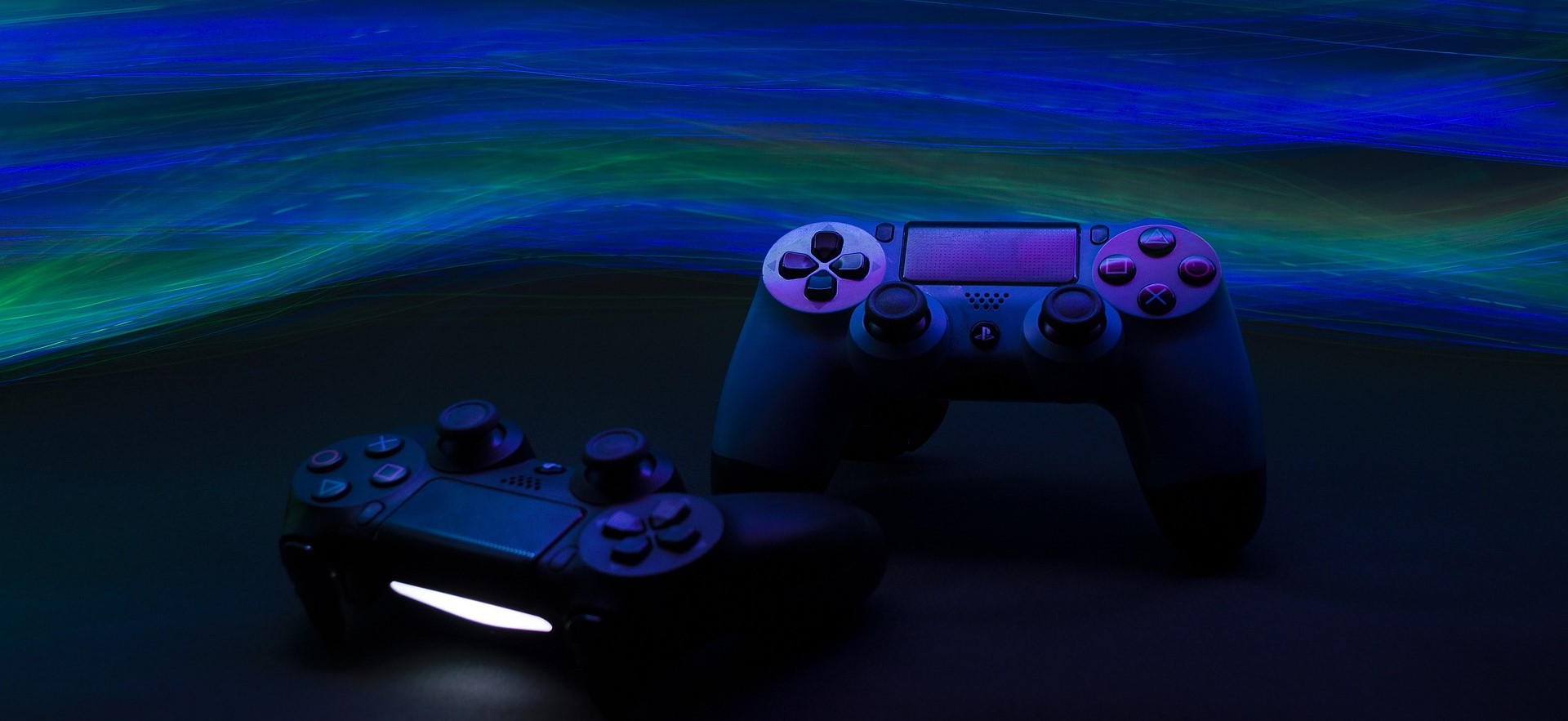Esport is a Growing Industry that is here to stay; it is time for Trainers to take it more seriously
On October 19th, 1972, The first known video game tournament took place at Stanford University. The game? Spacewar. The prize? A year-long subscription to Rolling Stone Magazine. Students came together to join in an “Intergalactic Spacewar Olympics “and in the end, Bruce Baumgart took the price, winning the five-man-free-for-all tournament along with Tovar and Robert Mass, who won the team competition. Fast forward to 1991, and the popular fighting game, Street Fighter II popularized direct, tournament-level competition between two competing players. Previously, high scores were used to determine the winning player, but the new fighting game provided a direct, face-to-face challenge to determine the winner. This style of game paved the way for the competitive and deathmatch modes common in today’s video games and led to the foundation of the International Evolution Championship Series (EVO) esports tournament in 1996.
Today, 51 years after that first Spacewar tournament at Stanford University, Esports have become a global phenomenon. Players now compete against each other in front of millions of in person, and online fans, to win large cash prizes, sometimes upwards of 1 million dollars. Since 2013, a growing number of universities offer athletic scholarships to Esport players who are recognized as varsity level athletes. Top ranked Esport teams have secured millions of dollars through competition and sponsorships with well known brands such as Redbull, Intel, Honda, and even the United States Air Force.
Esports is one of, if not the fastest growing discipline in the sporting industry on the planet however, the classification of Esports as a legitimate sport has been controversial. So, the debate persists, is Esport a real sport?
Due to the rise in popularity, there is a push to classify Esports as a “real” sport. Many proponents point to the careful planning, precise timing and skillful execution necessary to compete as evidence that it should meet the classification and that physical exertion and outdoor playing areas are not required by all traditional or non-traditional sports. Today, many countries around the world such as Russia, China and France now recognize pro-gamers as athletes. Regardless of your opinion on whether or not Esports should count as a “real” sport, it is a growing industry that is here to stay, and it is time for trainers to take it more seriously.
Esport competitors are dedicated to their sport and, like any traditional athlete, commit countless hours to practice and training each year. And also like traditional athletes, Esport competitors can suffer injuries. Carpal tunnel syndrome will rear its ugly head because of the overuse of the wrist and forearms, doing the same movements over and over again. Some players will experience shoulder and back problems because of the nature of the activity. Constant sitting for hours and hours, without any kind of movement can also cause their glute muscles to stop firing, which will lead to issues and eventually sciatic nerve pain. These injuries can be avoided if Esport players were to train, with tailored plans made specifically for their sport, the way traditional sport athletes would. By getting stronger and more flexible, E-sport players would be able to play longer, have better reflexes and have longer careers.
From the perspective of a physical trainer, if you’re going to play Esports, whether it’s just for fun or at a professional level, why not keep your mind and body in the best condition to succeed with less chance of injuries that will slow your progress and become real issues later on. As Esports gain momentum globally, with more and more countries recognizing the industry as a real sport, it is time that Esport players begin to think, act, and train like traditional athletes. Better conditioning will allow players to be physically and mentally stronger, giving them better focus during a competition, and better health in the long term. If you want to be the next JJOMAK, SEAGULL, XQC, SVENSKEREN or the next OVERWATCH, POKEMON, or LEAGUE OF LEGENDS champion, then you should invest in a physical training program to take you to the next level.
*For more information on E-Sport training programs you can visit BODYSMITH SPORT PERFORMANCE TRAINING. We have created tailored training programs for E-sport players, professional and amateur, that will allow you to play longer and to achieve better reaction times and help to reduce or eliminate injuries.*

